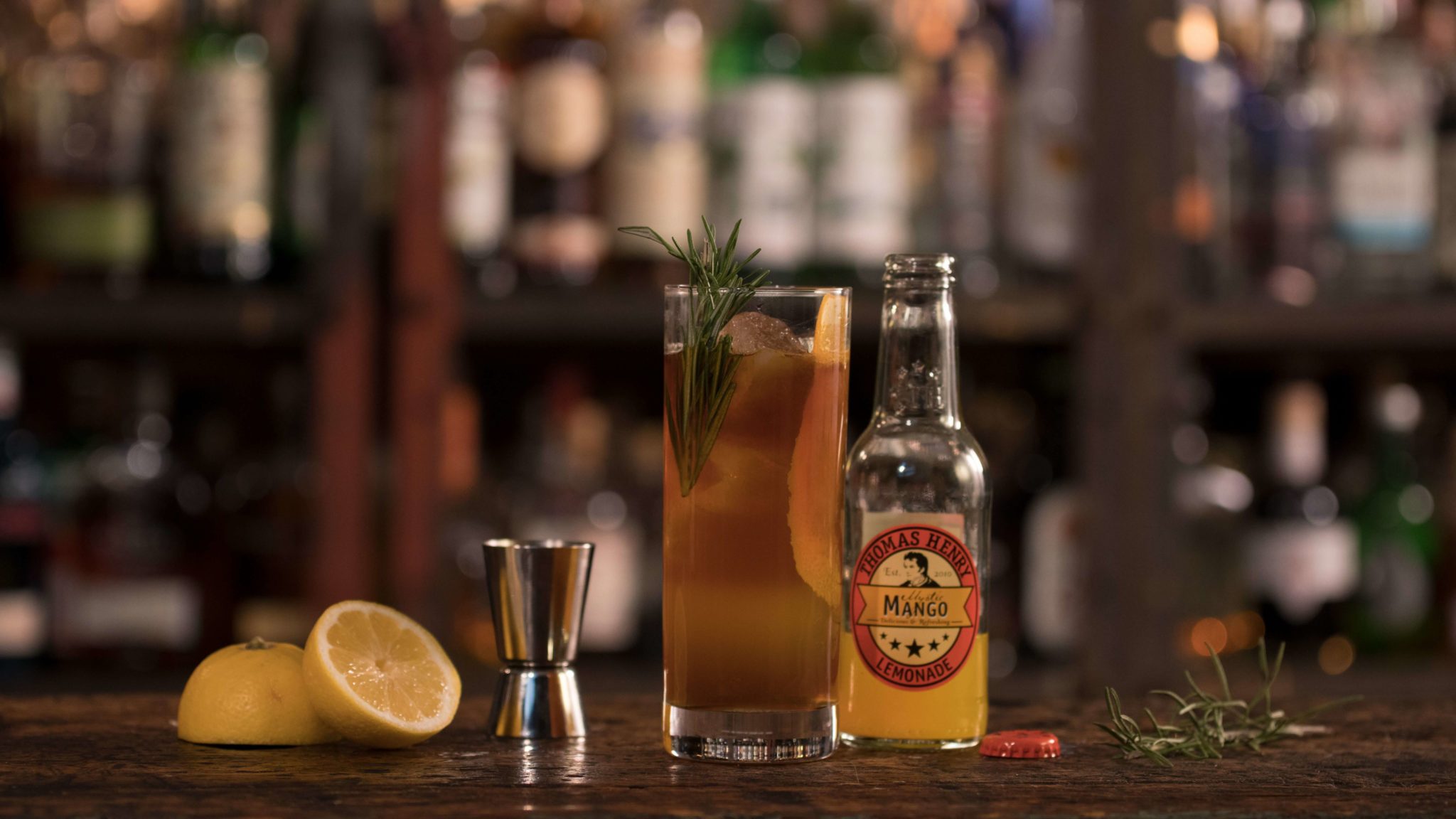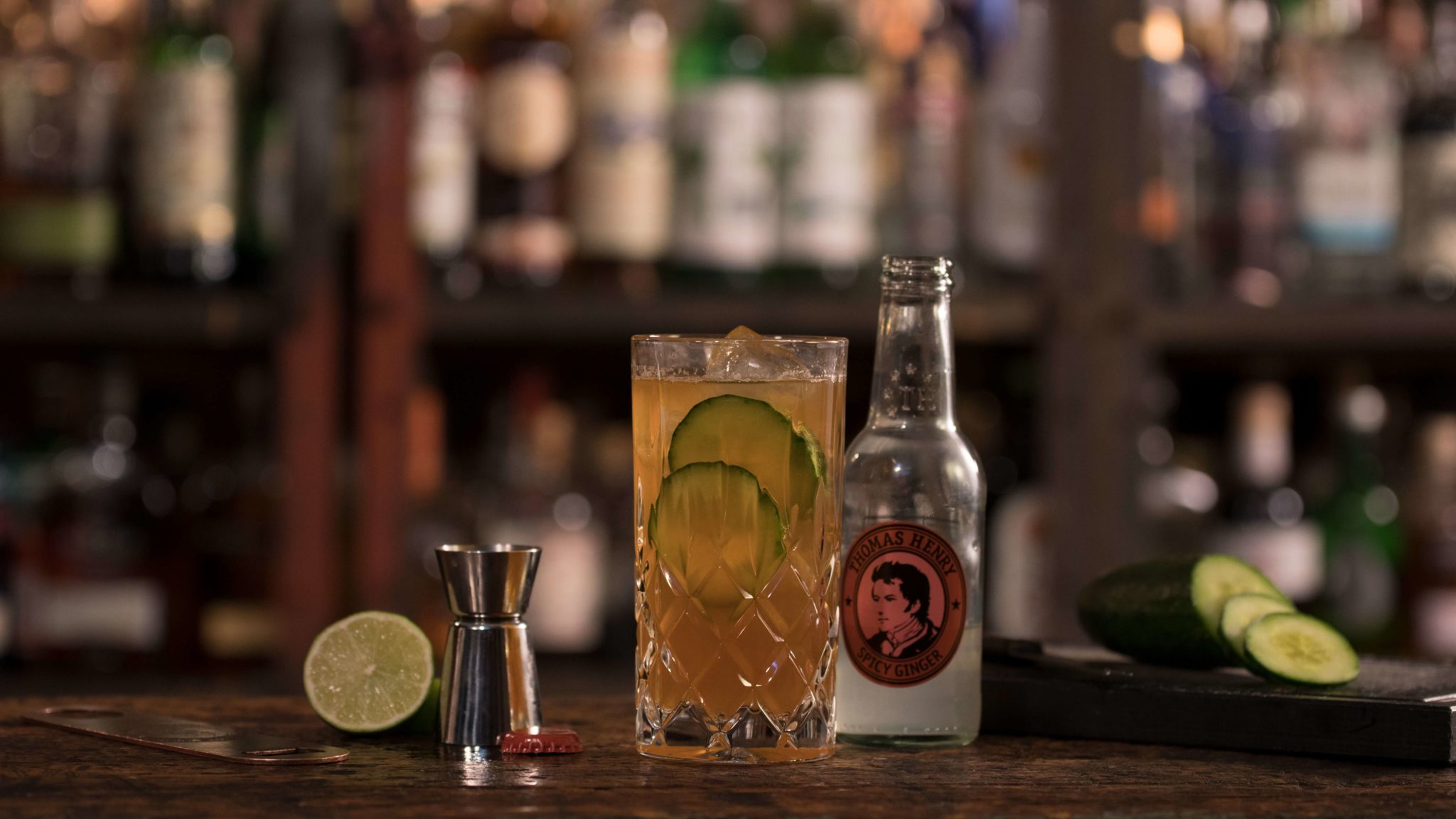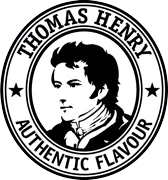The Wheel of Spirits: Episode Herb Liqueurs
The topic of herb liqueur often disappears under the seemingly endless number of spirits. We show you that there are far more than just shots behind it!
Herb liqueurs have been associated with healing powers and medicinal uses since the year dot. The main reason for this is the fact that apothecaries, doctors and friars often played a role in the development of the recipes. Today, we will look into how and where they originated and how they are produced.
A renowned doctor by the name of Arnaldus de Villa Nova, personal physician to several kings and popes, did much to contribute to the reputation of herbs. He is credited with introducing distillation into medicine in the 13th century and he was already using a maceration process to extract active ingredients and aromas from herbs and other plants at that time. Sugar made the bitter essences more palatable, but was very expensive those days. It was not until it was made cheaper through colonisation that herb liqueurs first became truly popular. In France, there was a ‘liqueurist’ in almost every town, and consequently many of the liqueurs we know today were created in the 17th, 18th and 19th centuries.
In principle, the production process has hardly changed since the days of Arnaldus.
Agricultural alcohol is used to extract aromas and active ingredients from all kinds of herbs and plants through maceration – the concept that what doesn’t kill you makes you stronger is applied here – and, depending on the recipe, the herb liqueurs contain up to 100 different ingredients. The maceration can take anything from a few hours to several weeks. After the maceration, the alcohol, together with all the extracted essential oils, is distilled once or twice. The distillate produced is reduced to drinking strength and bottled. A herb liqueur produced in the EU must have a minimum sugar content of 100 g/l and a minimum alcohol content of 15% ABV.
To help familiarise you with these historic spirits, we have prepared a two recipes for you to mix in the coming weeks: Fräulein Elster with Mystic Mango and Q! Borgmann with Ginger Beer.
I hope you enjoyed our little wander through the herb garden.
‘Waidmanns Heil’ – see you soon!
Cheers!
texted by Philipp Mogwitz.


